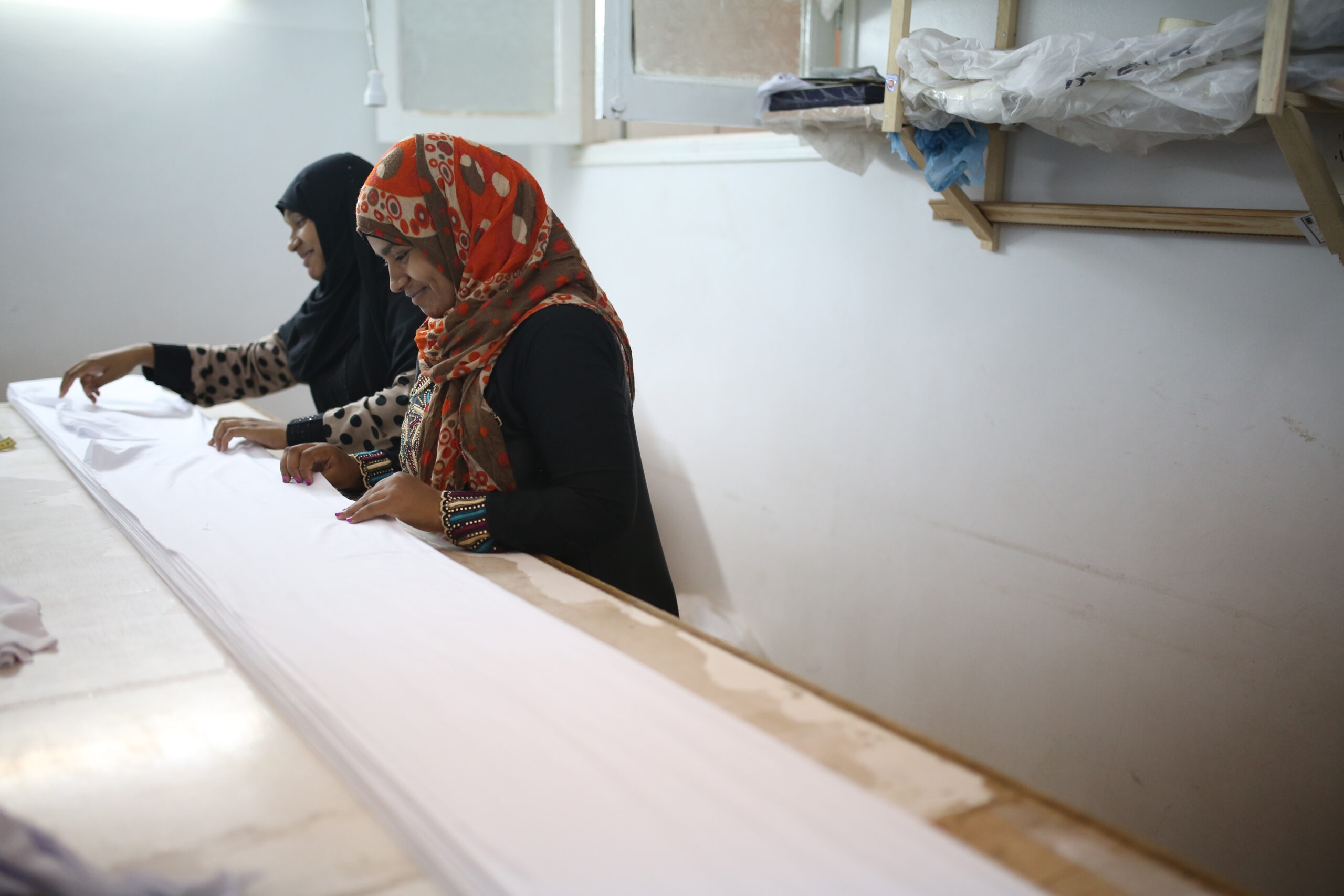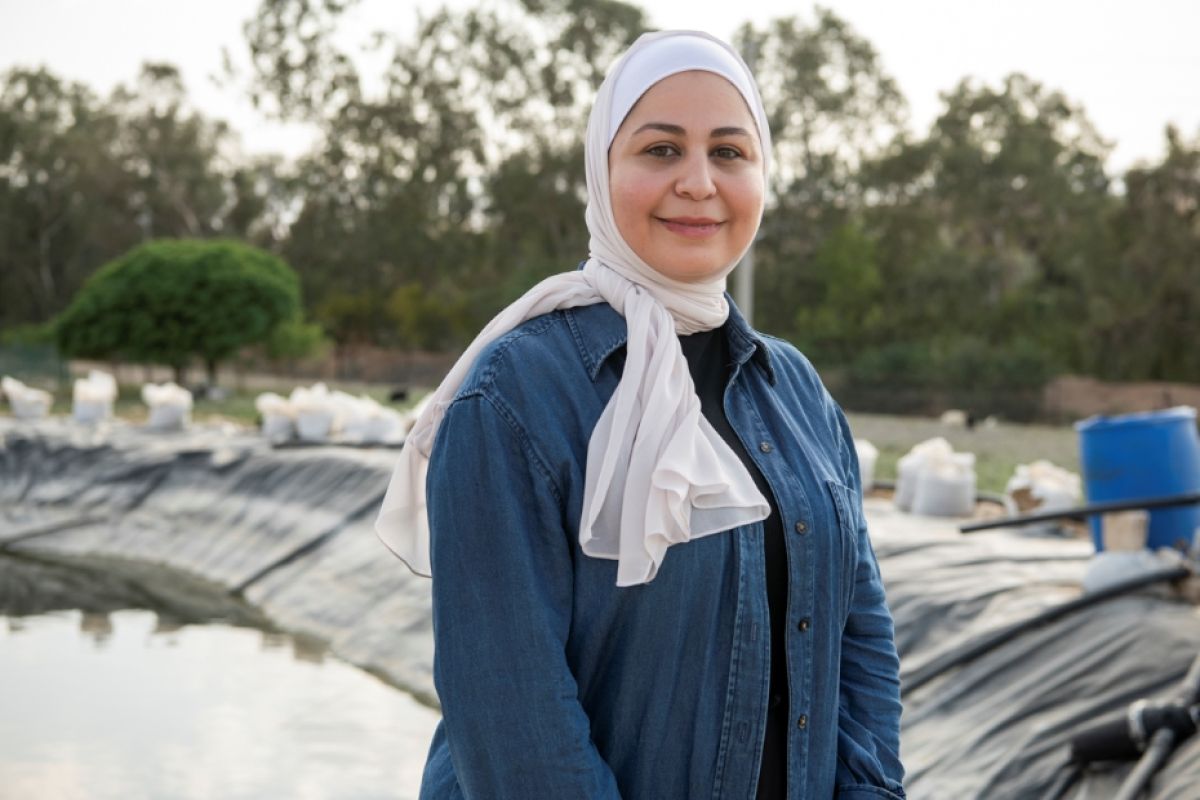Credit: GENERIS Team

New research on fish farming in Bolivia
1 August 2025
The Decentralised Renewable and Inclusive Energy Systems in Bolivia (GENERIS) Team have released new outputs focussing on the gendered experiences of women in fish-farming communities of the Bolivian tropics.
The team have published a new report on the status of fish farming in Bolivia, and an accompanying short video with the first pilot of the GENERIS project. You can find both on their project page here.
Their latest blog explores the barriers that women in Cochabamba, Bolivia face, and possible interventions that could break these barriers and create more equitable communities.
Women’s leadership and innovative finance: Driving climate resilience and sustainable development
Thursday 20 November 2025
This panel, hosted as part of COP30, will explore how women’s leadership and inclusive financial innovation serve as powerful levers for climate resilience and sustainable development. The session will highlight concrete examples internationally, focusing on the intersection of gender equity, entrepreneurship, and climate action. Panellists: Adel Ben Youssef, Université Côte d’Azur – featured Clean Energy […]
Unlocking the Potential of Small and Medium Businesses and Entrepreneurs in the Clean Energy Transition
3 December 2025
This report highlights outcomes and recommendations from the T20 Side Event ‘Unlocking the Potential of Small and Medium Businesses and Entrepreneurs in the Clean Energy Transition’, held in Johannesburg on 17 October 2025. It presents seven recommendations for concrete steps to turn the G20’s green energy principles into practice, with South Africa’s presidency positioned as […]
Fostering an inclusive energy transition through micro, small and medium-sized enterprises
7 January 2026
Micro, small and medium-sized enterprises (MSMEs) are the main engine of economic growth in the Middle East and North Africa (MENA). The transition to a green economy represents both an environmental necessity and a significant economic opportunity for the region. However, without an intentional focus on gender, this transformation risks reinforcing existing inequalities, rather than […]



